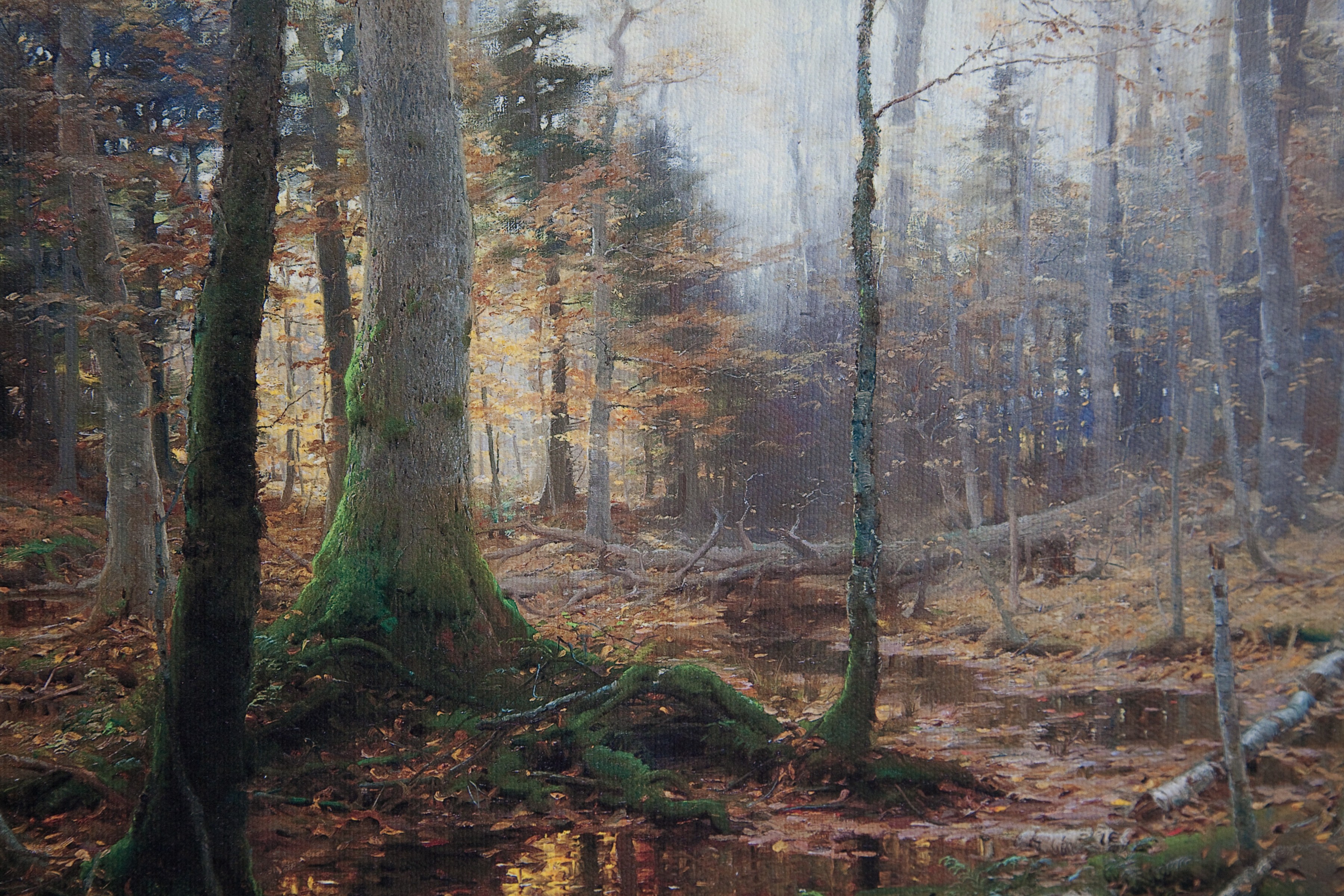
Gravitational Attraction
What would happen if two people out in space a few meters apart, abandoned by their spacecraft, decided to wait until gravity pulled them together? My initial thought was that …
In #religion

In my post about "naturalism of the gaps" I stated that in evaluating claims,
- Methodological naturalism is the only choice we have available, because no one has demonstrated any procedure to distinguish supernatural claims.
- To assume a naturalistic explanation in the future is simply the recognition that in every single case where we have finally understood a topic, the best explanation has never turned out to be supernatural...ever.
R Morales replies that my response is a
"bit like someone using a metal detector to [...] look for valuable natural resources such as gold, silver or gems, only finding valuable metals, and then concluding that therefore it is unlikely that there are nonmetal valuable resources in that mine, "
I've heard this analogy before, and I think it is worth responding to because on the face it does seem reasonable. The second you restrict the target of a search, then it shouldn't be surprising that you don't find certain things, right? As with all analogies, one has to make sure that the relevant components are considered. Let me see if I can use the metal detector analogy to convey my original statement better.
We're on a beach, and other than sand, there are objects we might discover buried there. I note that there are some metal objects, and build a metal detector. At first my metal detector is not terrific -- it can only find large objects -- but I keep improving it over the years to find smaller and smaller objects. Now, my friend says that he sees plastic objects that I can't detect with my detector. "Yay!" I say, and ask him for his plastic detector. He doesn't have one. He has provided no way to detect plastic, but says that he can see it. "See that lump over there, it's hiding a plastic object". I go over with my metal detector, and find that the lump is caused by a metal object. He keeps doing this, pointing this way and that, and I keep detecting metal, and he continues to provide no method for detecting plastic despite his claims. Further, every claim of a plastic object turns out to be metal. Sometimes it takes a while -- the object is made of some unknown material, my friend insists it's plastic, and it turns out to be metal anyway. This goes on for years and years.
Now, if someone on the beach produces some unknown object, what are the chances that it is plastic? How would you know? If you were forced to bet, what bet would you do -- metal or plastic?